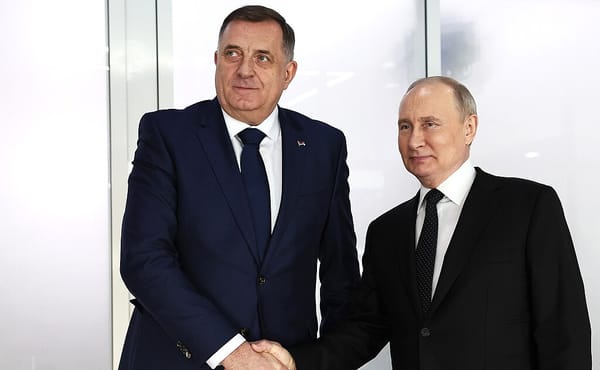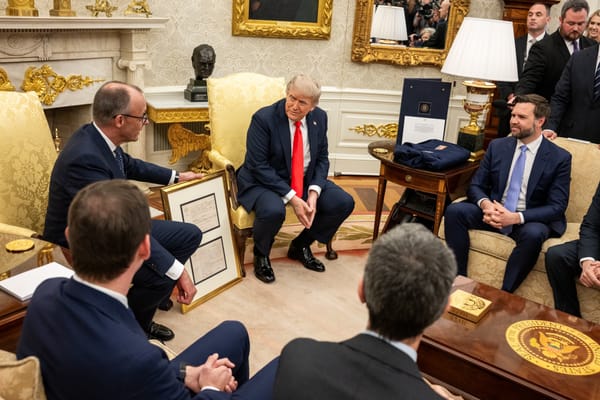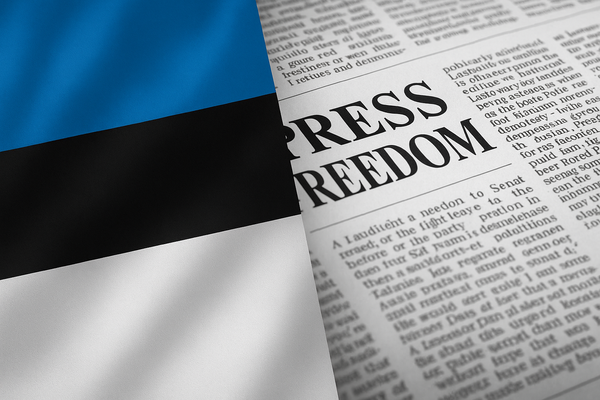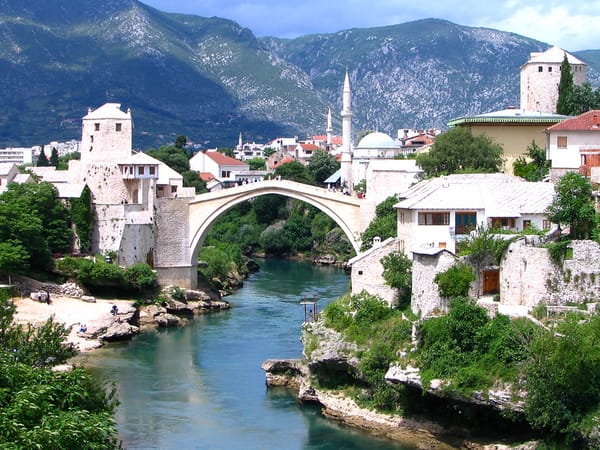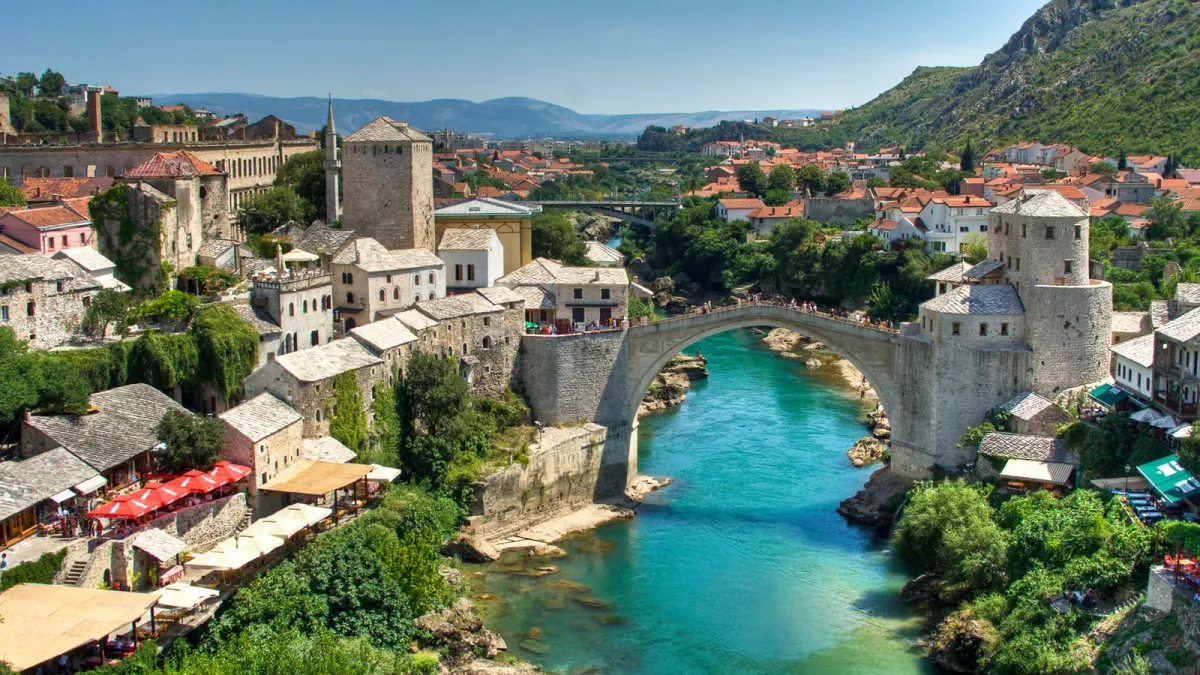
Bosnia, Kosovo, move closer to EU, amid scepticism over lengthy accession process
Bosnia and Herzegovina became an official candidate for EU membership in Brussels on Thursday, as the European Council approved the recommendation made by the European Commission in October, and then voted through by the EU Council and General Affairs Council this week.
The EU’s top diplomat Josep Borrell called the development a “very important step for Bosnia and Herzegovina and for the whole region”.
The country joins other Central and Eastern Europe (CEE) countries Serbia, Montenegro, North Macedonia, Moldova and Albania on the waiting list for the world’s largest trading bloc. Turkey and Ukraine also hold official candidate for EU membership status.
Putin provokes EU expansion into Balkans
Russia’s invasion of Ukraine on 24 February prompted the EU to strengthen engagement with the region, with the latter country and Moldova receiving candidate status in June.
In his “Zeitenwende” (historic turning point) speech three days later, German Chancellor Olaf Scholz announced that Germany would increase its defence spending by EUR 100bn.
Since then Scholz has argued that engagement with the countries on the outskirts of the EU is more vital than ever for European security.
Widespread reforms required
Now Bosnia, which officially applied for EU membership in 2016, must implement 14 reforms to continue towards EU membership. These include strengthening election procedures, public administration, anti-corruption and organised crime policy, the judiciary, border management, human rights, free speech and media, and protection of the vulnerable.
However critics say EU candidacy is in danger of failing the seriousness test, due to an increasing lack of rigour for selection, combined with the glacial place of the process. The facts on the ground certainly lend support to the latter claim, given that North Macedonia applied to become a candidate for EU membership in 2004, Montenegro in 2008, and Albania and Serbia in 2009, and none of these countries are yet within sight of joining the bloc.
Balkan observer Toby Vogel said awarding candidacy status to Bosnia undermines both the credibility of the European Commission’s recent scathing report on the country’s lack of progress on reforms, and the EU accession process itself “by rewarding the most obstructionist politicians in Bosnia and Herzegovina”.
Kosovo applies for EU membership, Serbia reacts
The previous day, Kosovo Prime Minister Albin Kurti, President Vjosa Osmani and House Speaker Glauk Konjufca formally applied for EU membership candidate status.
Kosovo, which became an independent country in 2008, was formerly a province of Serbia. Its population is now majority Albanian. Serbia claims that Kosovo is its own territory and five EU members – Romania, Slovakia, Spain, Greece and Cyprus – have not yet recognised Kosovo’s independence.
Borrell calls for dialogue between Serbia, Kosovo
Serbia, with whom Kosovo has a long-standing border dispute, immediately urged the EU to reject the application.
On the recent tensions between Serbia and Kosovo, Borrell said “in the last days, we have been facing big troubles in the north of Kosovo. I sent Miroslav Lajcak our special representative to the region, just after the European Foreign Affairs Council meeting.
“I will debrief the leaders on the situation and ask to calm down the situation and to go back to the dialogue, which is the only way for the European perspective of Kosovo and Serbia.”
“It is absolutely important that this kind of troubles stop, the barricades are lifted, to back to calm, and to go back to discussion… that we put on the table, in order to look for a coherent and permanent solution to the tensions between Pristina and Belgrade,” Borrell underlined.

